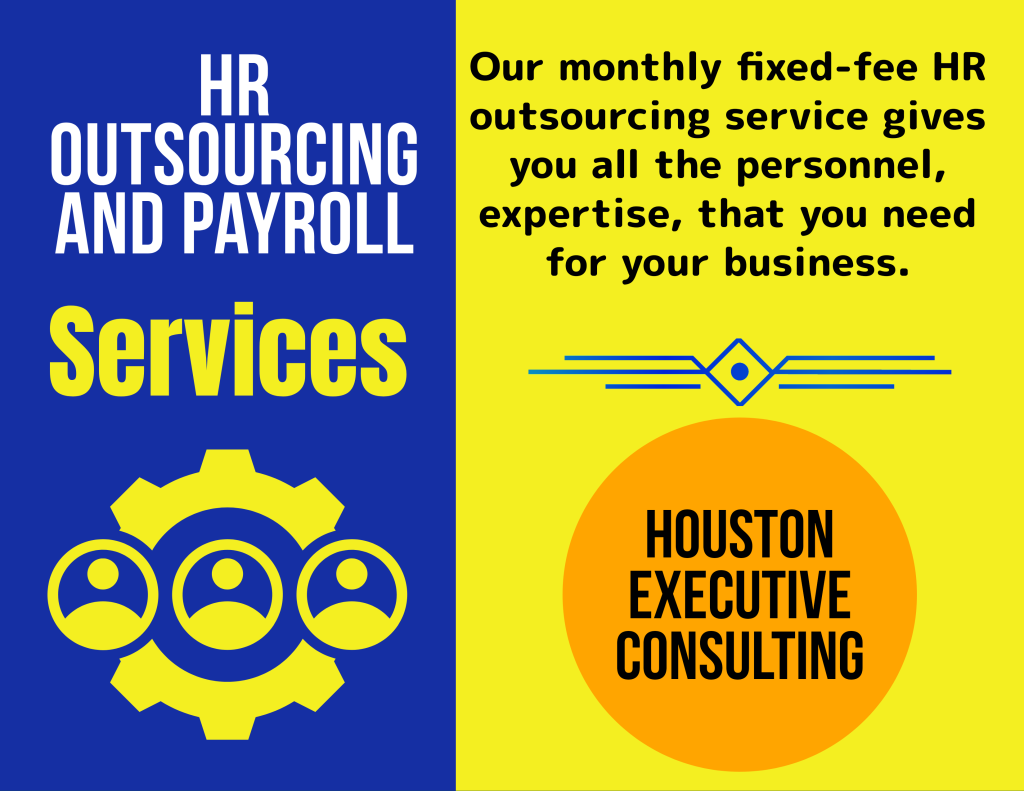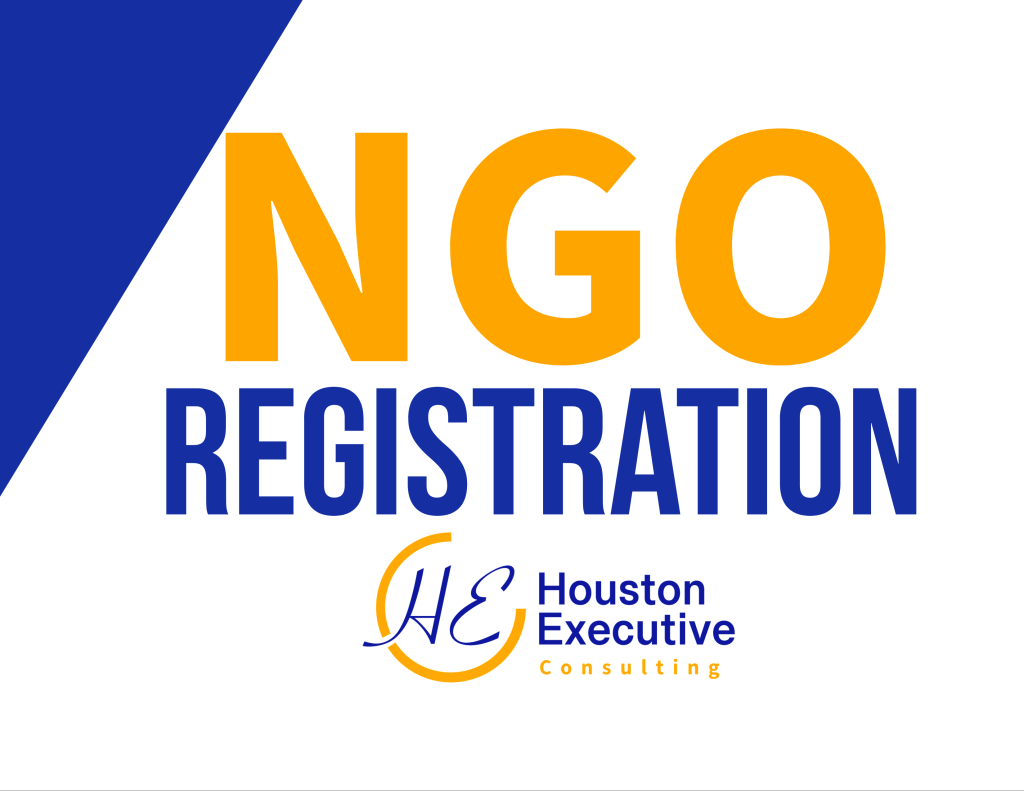Tips on How to Avoid Job Search and Employment Scams
It was a Friday evening when I received a call from one of my lecturers of Master of Human Resource Management (MHRM) of Makerere University. For me, it was the first time I was receiving his call but he sounded like someone adding to a discussion we had seemingly had a week before. I tried to let him know that we had not spoken as he was vexed to maintain that we had talked about a job offer on the telephone.
He was overly confident as he invalidated my sheer disowning of the chat with a joke of whether I had just started trying some brand of ganja.
Someone who purportedly used my name and imitated my voice had called my lecturer for job offers. The said opportunities were available to whoever was qualified and readily available in his network.
As the conversation continued, I noticed that my lecturer and probably his network had fallen prey to the increasing job scams during the COVID 19 Era. Unfortunately, many people have lost their jobs during the pandemic yet the scammers are taking advantage of those susceptible job seekers.
The lecturer was quick to believe and went ahead to do a hasty mobilization of CVs from both colleagues and former students. He also took part in sending the CVs to the email address which had been shared by the said recruiter. They made it look so legit because they created a Gmail account where all the resumes had to be posted.
The unsuspecting jobseekers were easily conned of money under the guise that the recruiter was processing letters of good conduct for them from Interpol and they needed to pay some money. It is until one of them got concerned about the whole process and the continued demand to add more money that he had to call the lecturer who couldn’t speak with the scammers who had already switched off the telephone contact used in the process.
As it turned out I had nothing to do with what turned out to be a fake job offer that was being used to solicit the CVs. One assurance I gave my lecturer as an eye-opener was whether I could have been that dumb to use my name and con his friends well knowing that he had my paper to mark and the possibility of him being my research supervisor. I had not given up on my degree and neither had I changed my career goals. The said Thursday was a day I had spent with a colleague consultant at an interview panel to recruit a Project Officer for our international client.
I guess it is at this point that he realized that it had been a trickster on the job. It is not surprising that someone can speak like you or your friend, that’s what tricksters do! Their evil deeds heavily rely on mastering other people’s voices, signatures, and job titles. It is their full-time job to assume other people’s shoes to succeed at their well-scripted game plan.
CNBC published an article in October 2020 about how job scams had increased as Covid-19 put millions of Americans out of work. This is not unique to big economies like the US but also small economies in developing countries like Uganda.
There are many similar job placement scams like the one my lecturer had witnessed. Many scammers purport to be representatives of staffing agencies, headhunters, and placement firms. I gave him an example of how one of the scammers sent me a fake job opening claiming to be one of the top managers at a big hotel. At least two of the friends I recommended were quickly charged money for uniforms and training. I had to get my name unsoiled by refunding the money to friends. I also had to emphasize that as a recruitment firm, we don’t charge a fee to candidates.
It is not easy to differentiate a fake job post from a genuine one. Scammers can easily use an expired job post to try and legitimize their claim. They also post exactly the same way legitimate employers do. They use job sites, social media, TV, Radio, and Newspapers. The only difference is that scammers don’t have any actual jobs but are rather interested in your money and personal information.
What you must know
Most recruiters don’t ask for money. Throughout my recruitment career, we have never taken up an assignment where a candidate has to pay any amount. The only costs candidates meet id their transport to deliver applications and to appear for a job interview.
What can you do in case of a suspected scam before you are a victim of one?
Ask for a video meeting with the recruiters
Generate a set of questions that you may be having. Likely, the scammers won’t accept having their faces appear anywhere on camera. This is good for people you haven’t had any face-to-face interaction with.
Pay attention to the official emails and telephone contacts
It costs much less to contact the company through a telephone call or email as compared to losing your hard-earned or borrowed cash. The official telephone contacts are always listed on the official websites of many organizations.
Verify information using multiple sources
You may use Google, Yahoo, or Bing to find the official website of the organization that the said jobs are and find out whether the organization is indeed recruiting or has contracted anyone on the names mentioned by the contact person. You should also apply through the company website, not a link sent to you or posted on third-party websites.
Report as soon As Possible
Sometimes these tricksters use some telephone contact for quite some time until they have extorted money from many credulous job seekers. You can also report to the administrators of the website where the fake listing appears.
Warn Your Friends and Colleagues
When you notice that the job posting that you have shared widely is a scam, please make effort to go back and warn your friends. It is quite a tasking job but it is worth saving your name before you get associated with being part of the evil scheme. In the case of the fake job offer where my name was used, I had to call all my lecturers and warn them not to trust anyone who calls them in my name even if his voice sounds like mine.
Don’t deal with anyone based on a job promise
No one can promise you a job. Make sure you don’t accept or commit to making any payment for anything about a job offer even if someone tells you that there is a money-back guarantee. You should ignore any promises to make a lot of money especially when they say the work will be performed remotely at the comfort of your home. Such promises are lies.
What do you do if you have already paid?
If you paid someone or an agency and did not find help finding a job, report the matter to the police or the Ministry responsible for labour and Employment. Your complaint may be useful to build cases against scammers. Any information you give can be useful for the investigators.
If you have used a credit card or provided information related to your bank details, please report to the credit card company or your bank to block any transactions. This will save you from fraud liability on unauthorized charges, to minimize chances of being liable for any amount of fraudulent purchases with the various merchants for goods and services based on the accrued debt.
In case you are using mobile money, you may have to try and call the telecom company about the possibility of recovering or blocking the transaction. Remember, the scammers are always very fast when it comes to withdrawing the cash you send through a scam.
Final Comments
Scams and unemployment are on the rise in many parts of the world. Unfortunately, the fraudsters don’t care whether they live your brand or personal brand in the miry clay. Theirs is about quick cash and moving on to their next target. As a recruiter or job seeker, you must guard against fraudulent employment agencies, jobs abroad, and multi-level marketing schemes.
If your name has been dragged in a scam it is not the end of the road. Scammers tend to look for nice people who have built a good reputation. This should never deter you from helping your friends, family, and colleagues. Legitimate employers, including the public service and government agencies, will never ask you to pay to get a job. Anyone who does is a scammer. Just be careful not to hit a snag again.
Scammers will always ask you to make payment as fast as possible citing stiff competition as they allude to the phrase first come, first served. This is the single most powerful sign of any scam. Don’t accept to make any payment in advance. They will give you and assurance that you won’t lose. It is not true. You may end up losing money.












